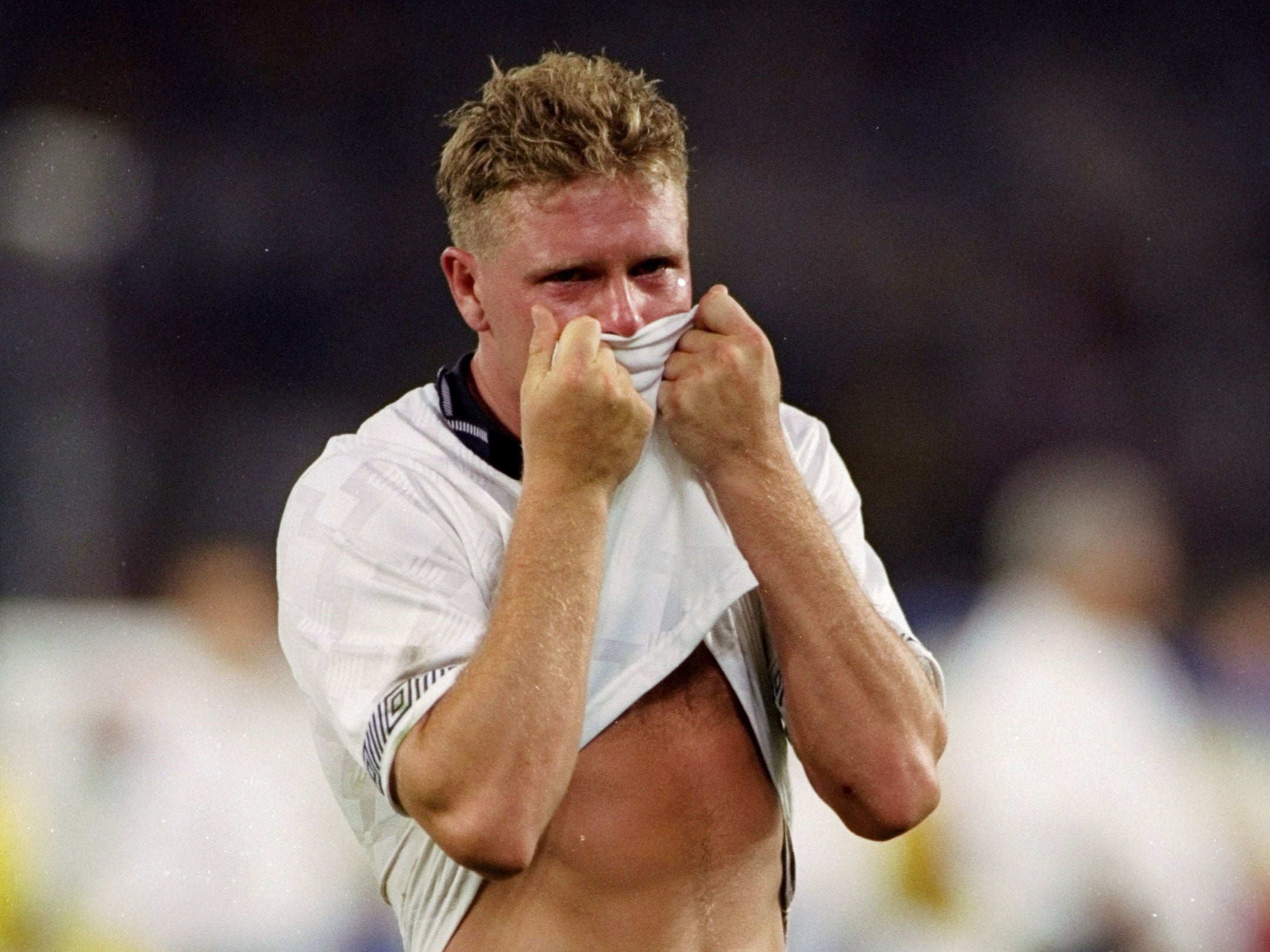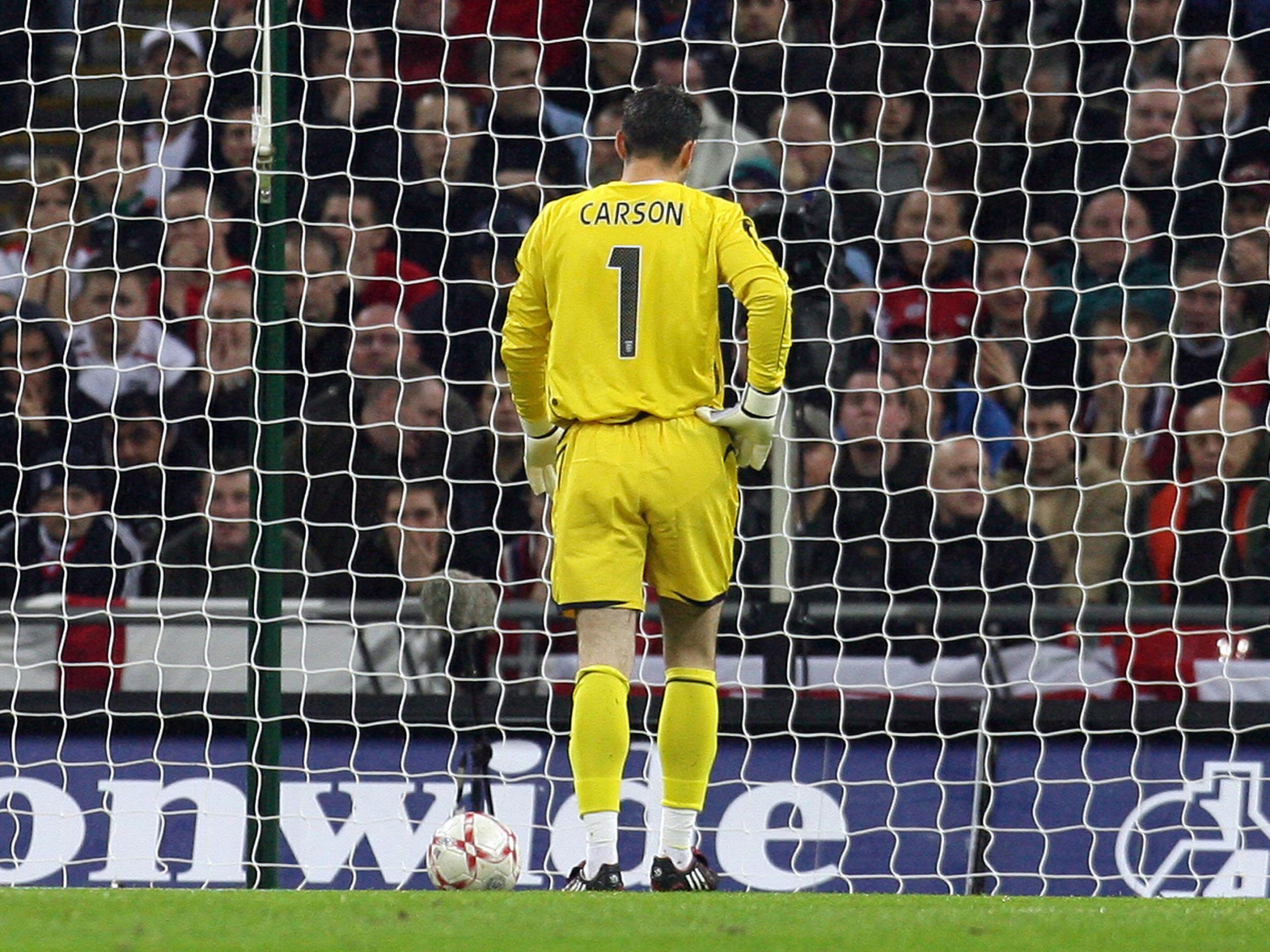What is holding back international football and how do we fix it?
Fixing international football: In the third of a week-long series, writers from The Independent state how they would try and revive the international game

Your support helps us to tell the story
From reproductive rights to climate change to Big Tech, The Independent is on the ground when the story is developing. Whether it's investigating the financials of Elon Musk's pro-Trump PAC or producing our latest documentary, 'The A Word', which shines a light on the American women fighting for reproductive rights, we know how important it is to parse out the facts from the messaging.
At such a critical moment in US history, we need reporters on the ground. Your donation allows us to keep sending journalists to speak to both sides of the story.
The Independent is trusted by Americans across the entire political spectrum. And unlike many other quality news outlets, we choose not to lock Americans out of our reporting and analysis with paywalls. We believe quality journalism should be available to everyone, paid for by those who can afford it.
Your support makes all the difference.I was 13-years-old, it was a school night, the evening after my little brother’s first Holy Communion and I was stood in the kitchen of my friend’s uncle’s house. There, I was half-watching England protect a slender lead over France through the serving hatch but mostly attempting to obtain a girl’s phone number from said friend.
He would give me the phone number, he said, if I drank a significant amount of the off-green liquid he was holding in a bottle in front of me. ‘OK’, I thought, ‘I want this phone number’, so I drank it. It was something called ‘absinthe’, he said.
When I awoke found myself back at my house, alone in the front room, with no new messages on my phone except two SMS goal alerts informing me that Zinedine Zidane had scored twice in injury time to beat England 2-1. I’ll be honest, I cried.
I have been tempted, in the years since, to simply put those tears down to an unfamiliarity with grain alcohol or plain old pent-up sexual frustration, but the truth is actually far more embarrassing: I cried because I believed in the England national football team.
In my defence, it was a different time.
From Paul Gascoigne’s bottom lip quivering in Turin to Scott Carson fumbling Niko Kranjcar’s effort into his own goal, there was a distinct 17-year period when the England team could inspire a genuine, feverish national hysteria.
During those years, a by-election candidate in Dorset ran on a ‘Sack Graham Taylor’ ticket, a national newspaper sent an armoured car to Germany’s team hotel and a 10-year-old boy attended school with his hair cut in the style of Sven-Goran Eriksson.
Every other summer, people did strange things as part of an international football frenzy that seems so alien now given the current apathy around the England team.
This week, The Independent has asked how to ‘save’ the international game, but it is a question that was not asked in England during those 17 relatively 'good' years. Ask supporters of Wales or Northern Ireland the same question today and they would rightly doubt its premise.
International football, you see, is actually fine if you're good at it. The declining interest in England then is partly down to the team's struggles but mainly because of the rapidly-expanding, attention-sapping, all-conquering club game.
That is after all, as outlined by Jack Pitt-Brooke earlier this week, the difference between now and 10 years ago. While there was once parity between the two forms, club football in England and Europe is now a vastly superior spectacle, and though there are reforms that could help reinvigorate internationals, none would be enough to reverse the tide. Too many heads have already turned.

England and their relationship with the Premier League provides perhaps the clearest example of the problem. Having seemed a central, essential part of a national culture during the 1990s and best part of the 2000s, the national team's public no longer believes the hype.
Even when the likes of Taylor and Kevin Keegan filled their squads with mediocre talents, there was at least a sense that potential was not being realised. The romantic run to the semi-finals in 1990, the carnivalesque Euro ‘96, the talents of the golden generation and the perception that “penalty shoot-outs are a lottery, Clive” convinced supporters that all those glorious defeats could have been glorious victories had the chips just fallen differently.
Such a belief simply does not exist anymore. ‘The wally with the brolly’, Bloemfontein and Kolbeinn Sigthorsson have seen to that. England have lost their public, to the point where managers talk about lower expectations as if they are a benefit. There is less pressure on the current crop of players and yes, we were always told we thought too much of their predecessors, but lower expectations naturally means less excitement around what can be achieved and less interest around the team itself.
How do we fix this? By curbing the power of the clubs. Are we willing restrict the club game in order to prop up internationals? Many will say 'no'.
Interestingly, the national team's current malaise dovetailed near-perfectly with what is considered to be the Premier League’s apex. In the summer of 2008, England’s finest crop of player in half a century were sat on their sofas after failing to qualify for the European Championships, but English football’s top flight could fairly claim to be Europe’s most entertaining league and its most successful. It boasted five of the last eight Champions League finalists and would have three of the next eight to come.
The Premier League was also one year into an increased broadcasting rights deal, having seen revenues fall earlier in the decade. This source of income has continued to rise with every auction since, as domestic and international audiences invest heavily into a ruthlessly-marketed product. Ever since that summer, this is the behemoth that the England team has been up against in a battle for people's attention, and it is a battle it has routinely lost.
12 years on from that 2004 defeat at the Stadio da Luz and my first taste of absinthe, I watched England suffer another defeat, perhaps the most humiliating of their history, but by the time of the final whistle against Iceland, I was more amused than upset. I imagine many other were too.
How do we fix this? By curbing the power and influence of the clubs, probably. Are we willing restrict them in order to prop up international football? Many will say 'no'. Therein lies the rub.
International football did not change, we did. We have moved away from it and its archaic overtones towards the excitement, the theatre and the hype of the week-in week-out that happens on our doorstep. It is difficult to see how, from this position, it will ever win us back.
Join our commenting forum
Join thought-provoking conversations, follow other Independent readers and see their replies
Comments